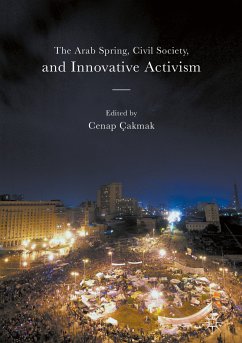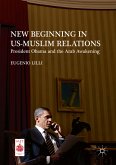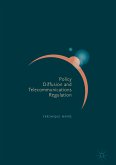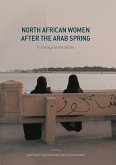This book investigates the role of civil society groups in the making of the Arab Spring and under what conditions they attained their goals. Democracy and recognition of human rights and fundamental freedoms seem to be the main drives of civil and grassroots movements in the Arab Spring countries, but it is essential to identify when they find it suitable to take such extreme action as taking to the streets in an attempt to take down repressive regimes. It is also important to investigate what methods they relied on in their action and how they challenged the state and the government. The focused case-studies in this volume show that civil society has certain limitations in its actions. They also challenge the commonly held assumption that the Arab world does not have a strong and rich civil society tradition. However, for lasting success and consolidation of democracy, something more than civil society action is needed, in particular, a strong organized opposition and democratic culture.
Dieser Download kann aus rechtlichen Gründen nur mit Rechnungsadresse in A, B, BG, CY, CZ, D, DK, EW, E, FIN, F, GR, HR, H, IRL, I, LT, L, LR, M, NL, PL, P, R, S, SLO, SK ausgeliefert werden.









